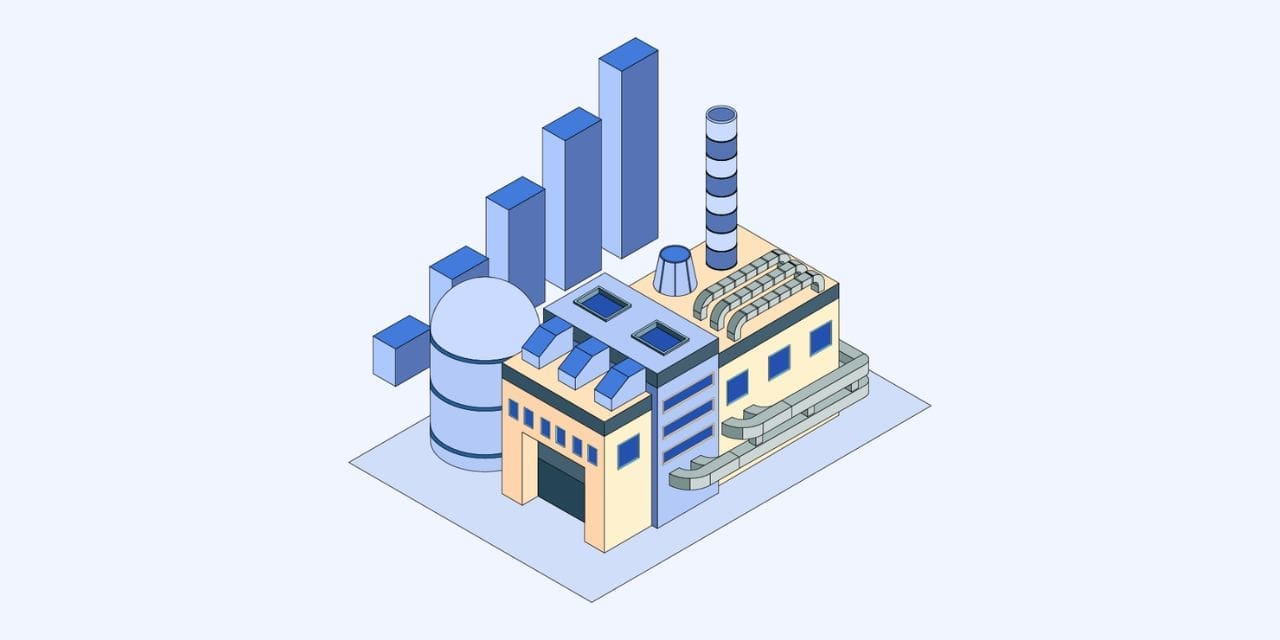The chemical and petrochemical industry is frequently regarded as the foundation of our contemporary civilization!
It all revolves on turning raw commodities like oil and gas into everyday necessities like plastics, fertilisers, packaging, garments, gadgets and tyres. This is why it is referred to as the “backbone” of the economy.
Let’s talk numbers now. The market for this industry was staggeringly large as of May 2023 at $190 billion, and according to estimates, India’s demand for these chemicals will soar to an astounding $1 trillion by 2040, according to the Economic Times.
It makes sense that the administration is prepared to take advantage of this enormous opportunity. The Production-Linked Incentive (PLI) plan may be expanded to include this industry in an effort to make India a manufacturing powerhouse on a global scale.
The key question, though, is whether or whether this action would spark a boom in India’s chemicals and petrochemicals industry. Let’s get started and find out!
What’s Happening?
It is no secret that India aspires to become the next major centre for manufacturing, and they are working tirelessly to realise this lofty goal.
Now that the government and even you are aware of how significant the chemical and petrochemical industry is! After all, according to IBEF, India is the third-largest producer of chemicals in Asia and the sixth-largest chemical producer in the world.
Thus, the government is considering implementing the PLI plan exclusively for the chemical and petrochemical sector, as Finance Minister Nirmala Sitharaman recently stated.
And it makes sense to make this step because, if just one area experiences growth, it might completely transform sectors like agriculture, infrastructure, textiles, and packaging. The government therefore intends to significantly boost it by providing strategic assistance and incentives. The objective is straightforward: to increase domestic manufacturing, decrease reliance on imports, and pave the way for a better and more profitable future for the industry.
Challenges The Industry Is Facing
Though it faces some severe environmental issues, the chemical and petrochemical industry has a bright future. According to the Economic Times, the Finance Minister correctly identified pressing concerns that require action, including pollution prevention, sustainability, and excessive personnel expenses.
The PLI system will increase production, but sustainability should remain the main focus throughout. According to the finance minister, each industry and sector must participate in order for India to meet its net zero carbon target by 2070.
The industry must do its share to help India achieve its environmental goals by emphasising recycling, implementing eco-friendly technologies, and encouraging the nation to go green.
The good news is that India’s potential as a centre for manufacturing is luring foreign capital for innovative joint ventures. According to the finance minister, businesses like BASF, Adnoc, Rosneft, and Aramco are looking for expansion prospects in this sector.
It’s a delicate balance, but with the correct measures, the chemical and petrochemical business may prosper while still being considerate of the environment!
What’s Next?
The Sunday Guardian claims that India’s industry faces a big challenge as a result of China’s fierce competitiveness, which is fueled by aggressive manufacturing and economic recovery. Geopolitical conflicts and disruptions in the supply chain for vital raw commodities make the issue worse. India may therefore find it difficult to keep its profit margins in the upcoming years.
After implementing the PLI scheme, the sector could have a significant positive impact as it will promote domestic manufacturing and make India efficient for being a global manufacturing hub.

